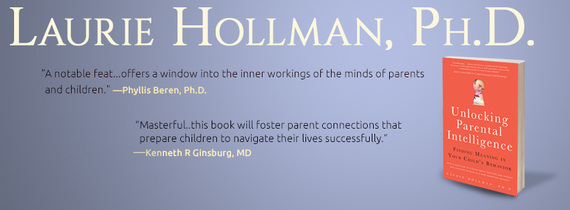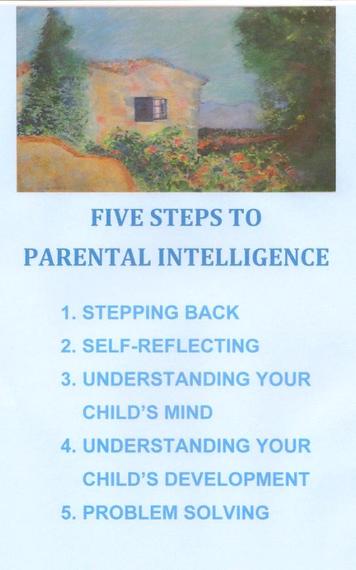Raising kids is a life-long process that begins in utero. When the pregnant mothers voice resonates in her uterus the fetus hears it and recognizes it when he's born. It becomes the soothing voice that the baby loves. Soon daddy's deeper voice also becomes a soothing agent the baby becomes accustomed to hearing. So right from the start, you are raising your child to hopefully feel calm and content.
As your child grows over the next months he or she learns from you how to regulate his emotions by learning to sleep with some regularity, respond to your voice, and comprehend much more than he can say. She is learning that her parents guide her, comfort her, direct her, and give her the excitement and solace needed to grow.
Expectations
So raising a child begins at the get-go. And of course it continues as your child enters preschool, elementary school, middle school and high school. It's essential to learn about different developmental stages so you know what to expect. Over- expecting may lead the child to feel like he can't measure up and lower his self-esteem. Under -expecting could prevent your child from stretching their capacities and enjoying learning to the utmost.
The key is to learn to know the mind of your very own child. No one size fits all when it comes to expectations. There are dozens of articles online and in books on child development, but knowing your very particular, specific child is what really counts.
The ideal is to raise your child with Parental Intelligence. This means understanding their mind as it develops. Being interested in their points of view, outlooks, vantage points and ways of thinking at different ages is key. This helps you guide them to make good choices and develop sound judgment.
A child's mind works differently than an adult's mind. As early as age 4 children begin to learn empathy. But not until adolescence do children develop abstract thinking. We need to discover with enthusiasm the way your child is thinking at each stage and then cultivate that thinking so your child has an open mind to others.
Your Child's Body
As we raise our children, it also means having regard for their precious bodies by paying attention to good nutrition as well as the development of fine and gross motor coordination. It means having regard for their bodies' privacy and care. Raising children means respecting that they have the right to be in charge of their own bodies even as we instruct them to brush their teeth at age two and wear deodorant at age twelve. Direction and guidance paired with respect is using Parental Intelligence.
Raising Children with Kindness Breeds Autonomy and a Strong Identity
Throughout our kids' lives, even as they become young adults, and possibly parents themselves, they need to know and feel our love and our respect for the push and pull toward and away from us. To develop individual identities we need to respect with kindness their needs for psychological and physical separation in order to develop their much needed autonomy.
Raising kids is life-long. We need to be in it for the long haul.

Laurie Hollman, Ph.D., is the author of Unlocking Parental Intelligence: Finding Meaning in Your Child's Behavior, found on Amazon, Barnes and Noble, Familius and wherever books are sold.
